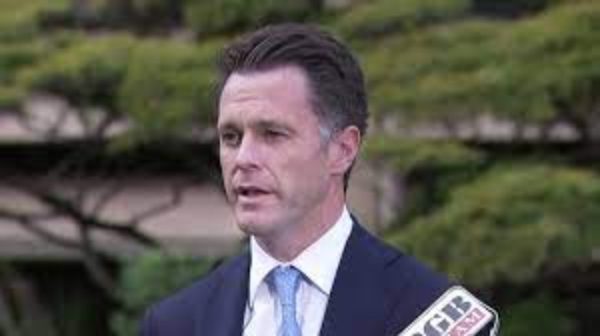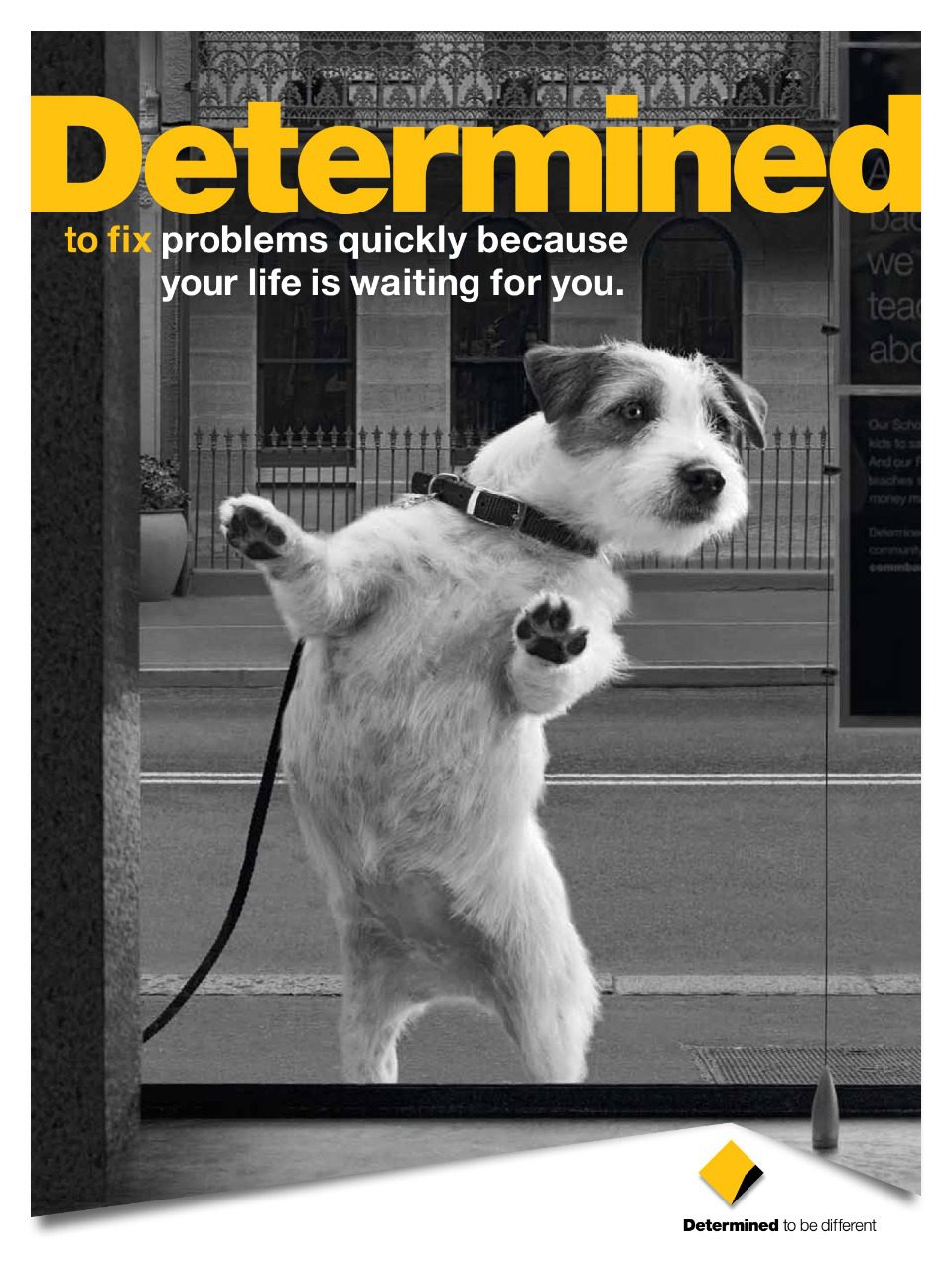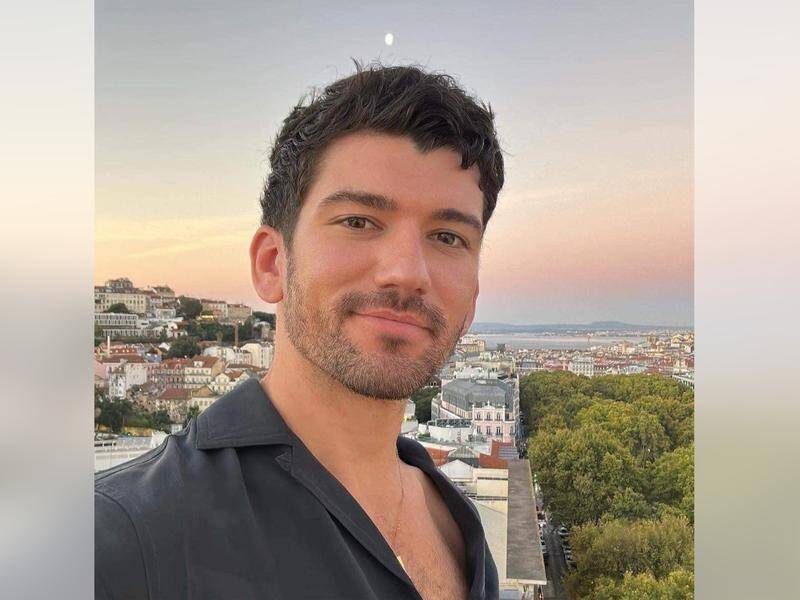CHRIS MINNS MP
NSW LABOR LEADER
JOHN GRAHAM MLC
NSW SHADOW MINISTER FOR ROADS
JOHN GRAHAM, SHADOW MINISTER FOR ROADS: Thanks for joining us, I’m John Graham the Shadow Minister for Roads, I’m here with Chris Minns and also local residents and businesses who are here giving evidence to the tolling inquiry. This is expected to be the final hearing of the toll inquiry and we’re here because we received specific evidence about the issues on the M5 corridor, the trucks on suburban streets, they’ve really meant an end to what Bexley Town Centre has been like for decades. And we’re hearing direct from residents, from businesses about those local impacts. To give you one idea, one measure of the number of trucks that increased: in 2015 there were 610 truck movements per day, but we’ve heard by 2021, that number had leapt to 2,695. That’s an idea – gives you some sense of just what this has meant, that’s the opposite of what we were promised, we were promised trucks off suburban streets and into these tunnels. We’ve heard today in evidence to the tolling inquiry, the exact opposite, in fact, we’ve seen Bexley with trucks driving through businesses impacted, residents impacted as well.
With that, I’ll hand over to Jeff Tullock, he runs the local Chamber of Commerce, and he’s given evidence to the inquiry this morning.
JEFF TULLOCK: Thank you very much, John. Supporters of toll motorways when queried about the value and worth of tolls will often say well, there’s a free alternative. In the case of the M5 and the M8 that free alternative is putting an enormous number of trucks and cars through Bexley Town Centre. This is quite contrary to one of the key promises of motorways, which is to take traffic away from suburban streets and centres. Our community is suffering by excessive noise, aggressive behaviour of motorists, which is understandable given the congestion in the area. And we’d like something done with the value of tolls so they can be affordable and we can start using this wonderful infrastructure that’s been built for us the M5 and the M8.
I’d like to hand over to Mohamed Alawie, who is a local businessman.
MOHAMED ALAWIE: Thank you very much Jeff. I’m not just a local businessman, but have grown up in in Bexley most of my life, I’ve been here since 1987. So I went to the local school and I’ve walked the local streets quite a fair bit and I’ve had the pleasure of living in this amazing suburb. But in the last few years, the number of trucks and traffic through Bexley shops has been absolutely astronomical. There are days where you drive around and you know quite a few streets are busy but as soon as you get to Bexley shops, there’s that bottleneck of traffic and it can take you up to 15 minutes sometimes just to get through from one in the Bexley to the other. Also, many of the businesses are struggling, there’s nowhere to stop, there’s nowhere to park and they’re having to shut shop early because of the clearways that have come in and also the amount of traffic. And we all know as everyday people if you can’t stop and park to go down to a to a shop you’re simply going to keep driving all the way through the next suburb and that’s exactly what’s happening. The vacancy rates of the commercial shops here had been up and down but they’re at an all time high at the moment. If you drive around, you’ll see ‘for lease’ signs everywhere and if you chat to the locals people are simply struggling. We’ve had some situations in the last few months where we had a truck that caught fire, we had a pedestrian that was hit by a car as well, because the amount of traffic one would presume. And we’ve also got lots of mums and dads walking young children to schools and if you walk the path that they walk, and with all the trucks and cars coming down screaming down the road it’s simply overwhelming. So we need some help and you know, if you talk to locals, they’ll pretty much reiterate what we’re all saying here today.
YASMINA KOVACEVIC: My name is Yasmina and I am a local resident, I also own, well partial with the bank owns it, a mixed use building which is residential and retail. And I’ll just tell you a snapshot of my personal journey and how this has impacted me as an individual, as a woman that’s trying to just make her way and be self sufficient. My retail tenant has been unable to open his store so it’s just been used to store various equipment. He has not been brave enough to put it bluntly, to open a retail store which is a food business and I will now have vacant premises fairly shortly. In terms of the upstairs residence, which is a shop top type of housing, I have mostly provided a type of affordable housing option for young females. I also had the resident that lived on the Forest Road Bexley bedroom, vacate and give me notice because of the noise. I invested in shutters, which were the top of the range shutters to block the noise, vibration and pollution, to no effect. The amount of semitrailers as you’ve just heard from my colleagues and the persistent vibration, pollution, noise which doesn’t end at the end of business hours, it continues 24 hours a day. And this is having an impact on people like me, and we’re not rich, we’re not wealthy people, we’re just trying to make ends meet here. So that’s my personal story, but in terms of looking at what we’re hoping to get here today, I’m really hoping to put some recommendations to this Committee of Inquiry, and I’m hoping that we can get some real results for this community. We’ve been forgotten, and we deserve more, we deserve equity, and we deserve for the impacts to be properly evaluated and understood and for something to be done about it.
CHRIS MINNS, NSW LABOR LEADER: Well thank you so much to Yasmina, Jeff and Mohammed for coming out here and speaking directly to the committee about the impact of tolls on a community in Western Sydney and south western Sydney. Tolls are strangling Sydney, this is the most tolled city on the face of the Earth. We have a near 100 per cent privately owned toll road monopoly in the most tolled city on the planet. You’ve got a situation where the NSW Government spent over $4 billion on a new toll road tunnel and actually increased surface traffic as a result, the exact opposite of what you would expect if you put so much money into a capital works project like that. We’ve heard from these communities, they are getting absolutely smashed with people, particularly from south western Sydney who can’t afford to use the toll roads that have been paid for out of their own tax dollars. It is crippling businesses in southwestern Sydney, in the St. George district up and down the M5 corridor. And the worst thing about all of these decisions is the government was warned that privatising this toll road monopoly would lead to a strangulation of the family budget for millions of people that live west of Parramatta. Repeatedly, the government was warned that privatising toll roads in Sydney would mean that one company owned all or part of the M2, the M4, the M5, the M5 East, the M7, the M8, the Cross City Tunnel, the Lane Cove Tunnel, North Connex and the Eastern Distributer. Trucks have to pay more than $20 each way to use the M5 East, is it any wonder they’re using surface roads and destroying local businesses as a result of their changed traffic directions? Now, the NSW Government were warned that this would be the case, they went ahead with it in any event, they privatised these toll roads and these communities and families are suffering as a result of that decision. Now, the NSW Government should come and tell these people exactly why they went ahead with the full privatisation of the WestConnex infrastructure company and as a result, the ability of the Opposition and the NSW Government has to deal with the new reality. Now, they were warned that this would take place, they were warned that this would be the implications of their decision and they went ahead with it in any event. The situation on the toll roads in NSW is that they go up at four per cent each year, every year regardless of the rate of inflation unless inflation is greater than four per cent. And guess what, at that point, the tolls rise higher than that. In other words, the toll road companies can’t lose and motorists simply can’t win.
On other issues before all of us are prepared to take questions. I want to talk about the NSW Government’s decision to spend $150,000 worth of taxpayer funds on a poll to deal with the public’s concerns or positions in relation to speeding cameras. They don’t need to spend $150,000 to tell them what everybody in the community knows, they believe secret and hidden speed cameras are revenue raising from the NSW Government. We’ve got a situation where in January of this year more money was collected that month than at any point in the history of those speed signs, those speed cameras across the NSW network. We’re talking about a massive increase in low range speeding fines as a result of these unmarked anonymous speed cameras across the NSW road network, something in the order of between 800 and 900 per cent increase in revenue raising, we would much rather someone not commit the offence in the first place, rather than receiving a fine in the mail two to three weeks after the offence has been committed. Let’s put this money into black spot funding, let’s make sure people don’t commit the offense in the first place and let’s use some common sense when crafting these road safety rules for the entire state.
We’re all happy to take questions.
JOURNALIST: Chris, Natalie Ward just on 2GB has decided not to go ahead with that survey. What do you make of that?
MINNS: Well, that’s news to me. Obviously that is an example of the government being cowered into a change of direction in relation to that. I mean, $150,000 of taxpayer money to ask the people of Sydney what they think about speed cameras, I can tell them without spending a cent, they think it’s revenue raising. Clearly some common sense has prevailed but it shouldn’t have taken significant media interest and an outcry from the public in this state for that decision to have taken place. At the end of the day the government has to understand that the cost of living is burning a hole in the back pockets of families right across this city, many are saying we simply can’t afford to live work and raise a family in a place like Sydney.
JOURNALIST: Chris, today there was a suggestion that potentially variable tolling timelines so overnight, maybe a cheaper toll would help to limit the truck movements during the day is that something that Labor would be, you know, willing to consider in developing their tolling strategy?
MINNS: We’re obviously working on our tolling strategy at the moment, we have to take into consideration induced demand, the impact of more trucks using the toll roads, what the implication would be for the revenues of the private company that owns the toll roads as a result of a lower or variable toll taking place through the night or in off peak hours. The evidence is in and it has been for several months now, in the middle of the night as a result of the $20 each way journey for trucks, the M5 is actually King George’s Road, Stoney Creek Road and Forest Road, because many trucks use that as an alternative route rather than paying the $20. So we’re looking at all of these potential changes to tolling in NSW but I just simply make this point, the Premier said several weeks ago that he was going back to these toll companies to look for a solution to the crippling tolls facing the families of NSW. He was warned that this would be the case before the full transaction sale took place, so clearly they’ve admitted defeat, that motorists are getting hosed in relation to tolls in Sydney and that we’re already the most tolled city on the face of the Earth.
JOURNALIST: Would you support a situation where like NorthConnex trucks are used – are forced to use the M5 Tunnel?
MINNS: At the moment we are looking at the impact on the Port of Botany, what the impact would be on motorists and truck drivers that have to use these roads, what the impact would be on a lower toll when it comes to a lower number of trucks using surface roads as a result to changes in that variable toll or a permanently changed toll. Those discussions are taking place between us, Transport officials, those that used to work within the department and the private companies associated with it. We’re not ready to release our transport plan in the lead up to the next election but everything needs to be looked at closely. It’s just a real shame that we’re in this position in the first place, if the taxpayer owned half of the WestConnex company which was the case, up until several months ago, we would be in a far more invidious position when dealing with the crushing costs of tolls on motorists in the city.
JOURNALIST: Is it a situation though on the M5 corridor where there is no ability for a win-win, either motorists pay or residents suffer?
MINNS: That shouldn’t be the case. I mean, the bottom line here is the NSW Government spent over $4 billion on a toll road for this part of Sydney and actually increased surface traffic as a direct result. If you listen to and speak to businesses in southern Sydney, in the St. George region, in particular here in Bexley, they will say we actually had a nice community with a thriving top street, with a lot of trade coming through, notwithstanding the fact that there isn’t a train station located in Bexley. They were building up their business, it was completely smashed on the day that the M8 opened for business. So that’s the exact opposite of what you would hope for when you’re dealing with, spending taxpayer money on a toll road or a major piece of infrastructure, like a tunnel for the M8, for example.
JOURNALIST: You mentioned on being ready to release your transport planning policies, now, when will Labor start releasing its policies ahead of the state election?
MINNS: Well, there’s a few things that we need to deal with. First of all, we need to understand the scale and size of the budget, now the budget will be handed down at the end of June. We then need to make sure that when we release these policies, they’re fully costed, they can be achievable, that the public understands that those policies are consistent with the taxation base, the existing toll road arrangements and whatever contracts have been signed. But we are making progress in relation to developing that policy, we realize it needs to be done substantially prior to the next election and we’re determined to go to the next election with a choice for the people of NSW. It won’t be easy, I’m not suggesting otherwise but we are determined to make sure that we’ve got a cost of living plan that eases the pressure on the families of Sydney. That’s the first part. The second part is we need to learn from the lessons, the mistakes that have been made over the last five years. The full privatisation of the toll road network in Sydney, which was already the most tolled city on earth has strangled businesses in Sydney and it can’t happen again. There are many other assets that are still run by the NSW taxpayer, which we don’t want to see sold to the highest bidder, the rest of the electricity network, transport assets, iCare, Sydney Water, Hunter water, we know what the implications are, if sold off to the private – to private interests., they’re generally a utility or a monopoly. And as a result, prices go up for average motorists and average consumers.
JOURNALIST: The next election is next year is there anything that the state government can do right now to lend some relief?
MINNS: We don’t want to be the central point of all ideas in relation to total if the NSW Treasurer and the NSW Premier is actively working on a toll plan we’d urge them to release it now. I mean I think if you’d speak to Jeff and you speak to Mohamed or any of the businesses here, they’re not making this political. From their perspective it doesn’t matter whether the Labor Party or the Liberal Party come to the table with the plan for tolls they just want someone to step up and provide a solution to this mess. And I think also a bit of a recognition that the full privatisation of this toll road network has been disastrous for Sydney, been particularly bad for those that live west of Parramatta. They get toll roads, the eastern suburbs and the east of a parramatta get brand new public transport infrastructure. It’s simply not equitable and it isn’t fair.
JOURNALIST: Just briefly in the wake of the federal election, do you think Labor at present appeals to female voters?
MINNS: Well, I mean, you know, it’d be a sweeping generalisation for me to make that claim. From the perspective of the NSW Labor Party, we realize we’ve got a big road ahead of us, we need to develop policies for all of NSW that includes female voters. We’re determined to do it, but it won’t be an easy thing to do. I think that generally speaking, female voters make a decision on political parties based on a whole range of measures and they’ll make a decision based on who’s got the best vision for the future of this state and for their families and their own circumstances.
JOURNALIST: We’ve spoken about developing policies of course in the next 10 months, will some of those be quite likely to be female focused policies?
MINNS: Of course. I mean, obviously, we’ll be developing policies to make the state better. We are focused on a positive plan for the future of this state. We think better days are ahead of NSW that we can build a better stronger economy, that we can have more people included in the workforce. I’m increasingly of the view that it does require policy change, though, if we keep going along in the same direction, nothing will change. And increasingly as we get closer to the next election, more and more people are saying to me, we need a change of direction. I think the big reason for that change in the community’s view of the next election is the rising cost of living. I think for many families, it used to be the case that a single income could pay off your mortgage and get your kids through school, then it was two full time incomes could sort a mortgage out in Sydney and get your kids through school. Now for thousands of families that’s not even enough and they’re saying what more can we do? There’s no more hours in the day, there’s no more days in the week that we can work, we are flat strap, as of today they need help from their own government.
JOURNALIST: Can I ask you about a loosely related matter? MacArthur and the surrounds have obviously exploded in the way of the population in the southwest. Has the government done enough to provide infrastructure for that specific part of Sydney?
MINNS: They haven’t. I’ll tell you some statistics, that local government area will grow by 144 per cent over the next 20 years. There’s nowhere near enough infrastructure to cope with the existing population, let alone the giant increase in the number of people that are moving to south western Sydney. And as we’ve been speaking about all they’ve got access to when getting to and from work and seeing their family and friends are toll roads. You cannot have a situation in Sydney where those that live west of Parramatta, get toll roads and those east of Parramatta get brand new public transport infrastructure. Another I think devastating fact is that Western Sydney will see a growth from 2.8 million to over four million in the next 20 years, those communities will have more growth than the rest of NSW combined over the next two decades and they’re not getting the infrastructure and support to keep pace with a giant exploding population. They deserve their fair share, after all, they pay tax and many communities are saying we don’t have the school’s, the hospitals or access to public transport that we need and that we were promised when we moved our families out here.
Thanks everybody.


















